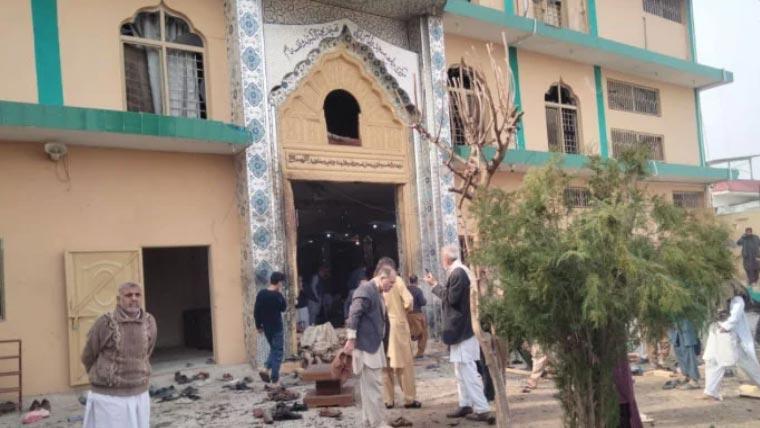The head of the Iranian delegation said that talks between Tehran and the six world powers to restore the 2015 nuclear deal had been postponed until Sunday so that all delegations could return to their respective countries for consultations.

According to the international news agency, Iran's chief negotiator Abbas Araghchi told Iranian state TV in Vienna that it would not be easy to resolve the differences in the talks, so all delegations would have time to consult with their decision-makers.
"We are closer to a possible solution than ever before, but it is not easy to resolve the differences between us and the final agreement," he said. We are returning to Tehran tonight (to consult with the new Iranian leadership). "
However, he did not specify when formal talks would resume.
The ultra-conservative candidate, Ebrahim Raisol-Sadati, won Iran's presidential election on Friday, but despite his presidency, Supreme Leader Ali Hosseini Khamenei's decision on the nuclear deal will be the final one, as his opinion is considered final in the country's key policies.
Negotiations have been underway in Vienna from April to bring the United States back into the nuclear deal and to halt Iran's nuclear activities.
The Trump administration unilaterally withdrew from the deal in 2018 and imposed harsh sanctions on Tehran. On the other hand, his successor Joe Biden has hinted at a return to the agreement and his administration's negotiators are engaged in direct talks with Iran in Vienna.
Abbas Araghchi said: "Decisions are needed to resolve these differences, which are primarily for the other side, Washington. I hope that despite the difficulties, we will cross this narrow gulf in the next phase.
On the other hand, Iran's rival in the region, Israel, condemned the victory of conservative Ibrahim Raisi in the Iranian presidential election on Sunday, saying it would be a "government of tyrants" with which the world powers should not negotiate a new agreement.
It should be noted that the new Israeli Prime Minister Naftali Bennett, like his predecessor Benjamin Netanyahu, has opposed any nuclear deal with Iran.
"His (Reese's) choice is the last chance for the world powers to wake up and understand who they are going to deal with before returning to the nuclear deal," Bennett said in a statement.
On the other hand, the newly elected Iranian President Raeesi has never publicly clarified the allegations against him regarding the alleged extrajudicial killing of thousands of political prisoners in 1988.

Aluminium: Why Google’s Android for PC launch may be messy and controversial
- a day ago

Department of Justice appeals Google search monopoly ruling
- a day ago

Pakistan committed to boost ties with Uzbekistan in diverse fields: President
- 10 hours ago

The quiet reason why Trump is losing Gen Z
- a day ago

ICE invades Minnesota and Minnesotans fight back
- a day ago

Borderlands 4 for Switch 2 is on ‘pause’
- a day ago

31 martyred, 169 injured in Islamabad suicide blast
- 10 hours ago

Security forces kill 24 Indian backed terrorists in Khyber Pakhtunkhwa operations
- 16 hours ago

PM Shehbaz invites Uzbek firms to invest in Pakistan
- 9 hours ago

I don’t hate the robot barista like I thought I would
- a day ago

You need to listen to M83’s icy post-rock record Dead Cities, Red Seas & Lost Ghosts
- a day ago

YouTube now blocking background playback on mobile browsers
- a day ago





